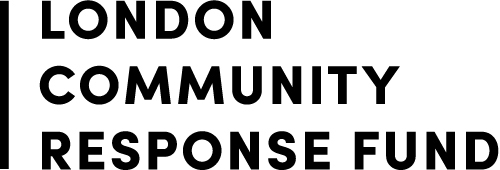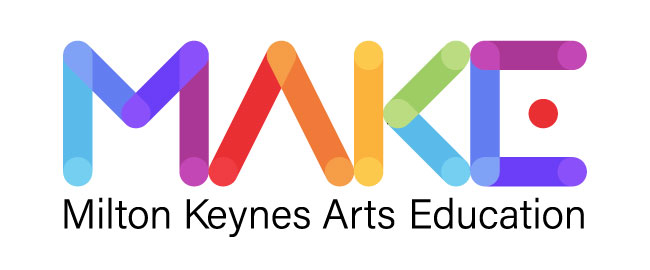The key to bid writing success in schools
|
Recently we attended the Fundraising Masterclass for Schools, led by Bob Jennings of PTP Consultancy. We were looking for ideas to help our schools to apply for funding, and we left with a wealth of tips, tricks and examples.
1) Your bid must benefit the wider community, not just the students within your school. 2) The national curriculum is already funded. You won’t get funding for a new science lab or a maths block from a private funder. This is the government’s territory. 3) Build a relationship with the grant organisation before submitting your application. They sound simple enough, but in practice this often creates a lot more work before the bid writing takes place. If you are applying to fund a new sports pitch, planning how that will benefit the wider community; how it will be used on weekends, how it will help children, young people and adults who don’t go to your school, will take a lot of work. How can you link your project to community cohesion, social inclusion and regeneration? Funding bodies want to hear about more than your PE lessons. If the funders are going to give you money, they want it to have as wide a benefit as possible. Work out the number of people a grant could benefit within the community and school, and tell them. £50,000 benefitting 20,000 potential people makes for a more appealing application than the same funds only reaching the 1,000 pupils in your school. Similarly, if you’re seeking funding for something that will enrich the science curriculum, then you need to show how this will also benefit the wider community. Plan a gardening club for parents and children, or host a fruit and vegetable market once a term. Telling funders that you need a new space to have science lessons won’t cut it. The third and final piece of advice is to remember that you are writing to a person. Private funders don’t want to read tables of data and facts; they want to understand how their money will help and who it will help. They want to be excited, engaged and feel the passion that you have for your project. Building a personal relationship will go a long way, so always call the funders before submitting your bid, ask them some interesting questions, find out more about them and introduce your project. Remember, they want to give away this money so make it easy for them and don’t be afraid to ask questions about what they want to see. Finally, a note of hope. There are many trusts out there who receive so few applications for funding that they aren’t able to spend all of their allocated money. So our final word of advice is to apply. And keep applying. For more information about Artis, please download our brochure. Also if you’re looking for a way to fund arts education in your school, take a look at these organisations that prioritise this area: |
10 Jul 2014 |















